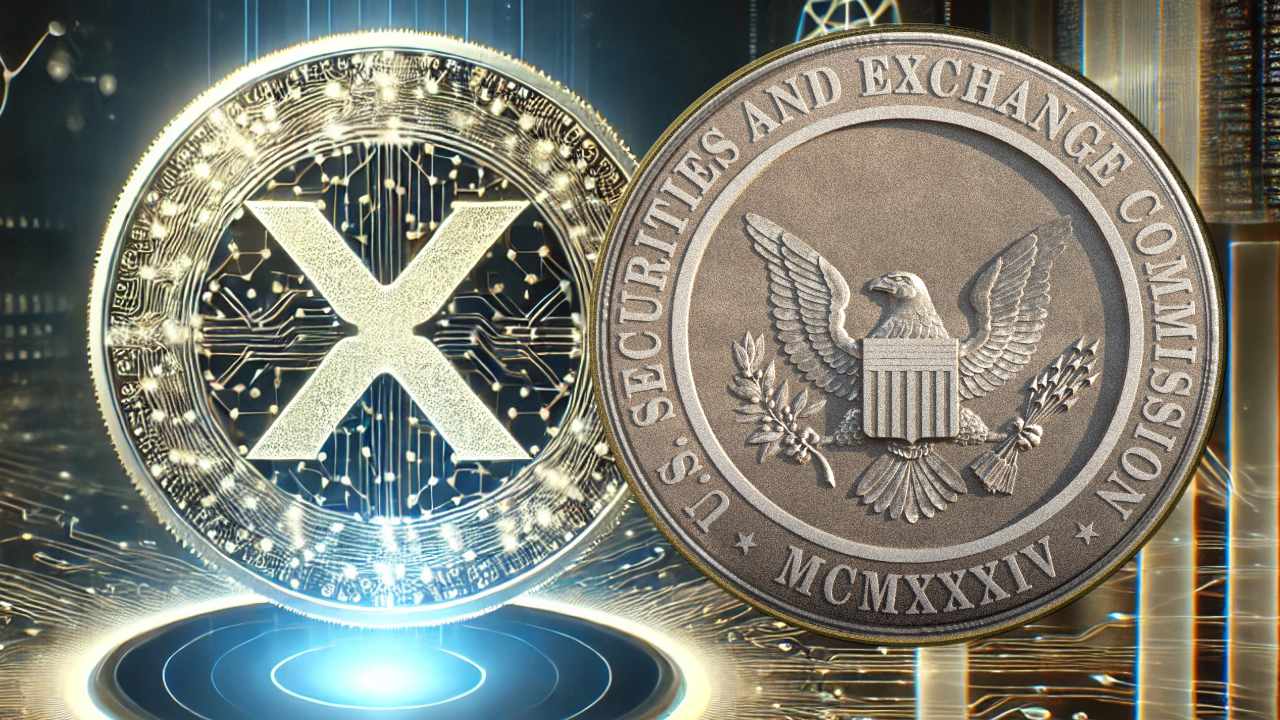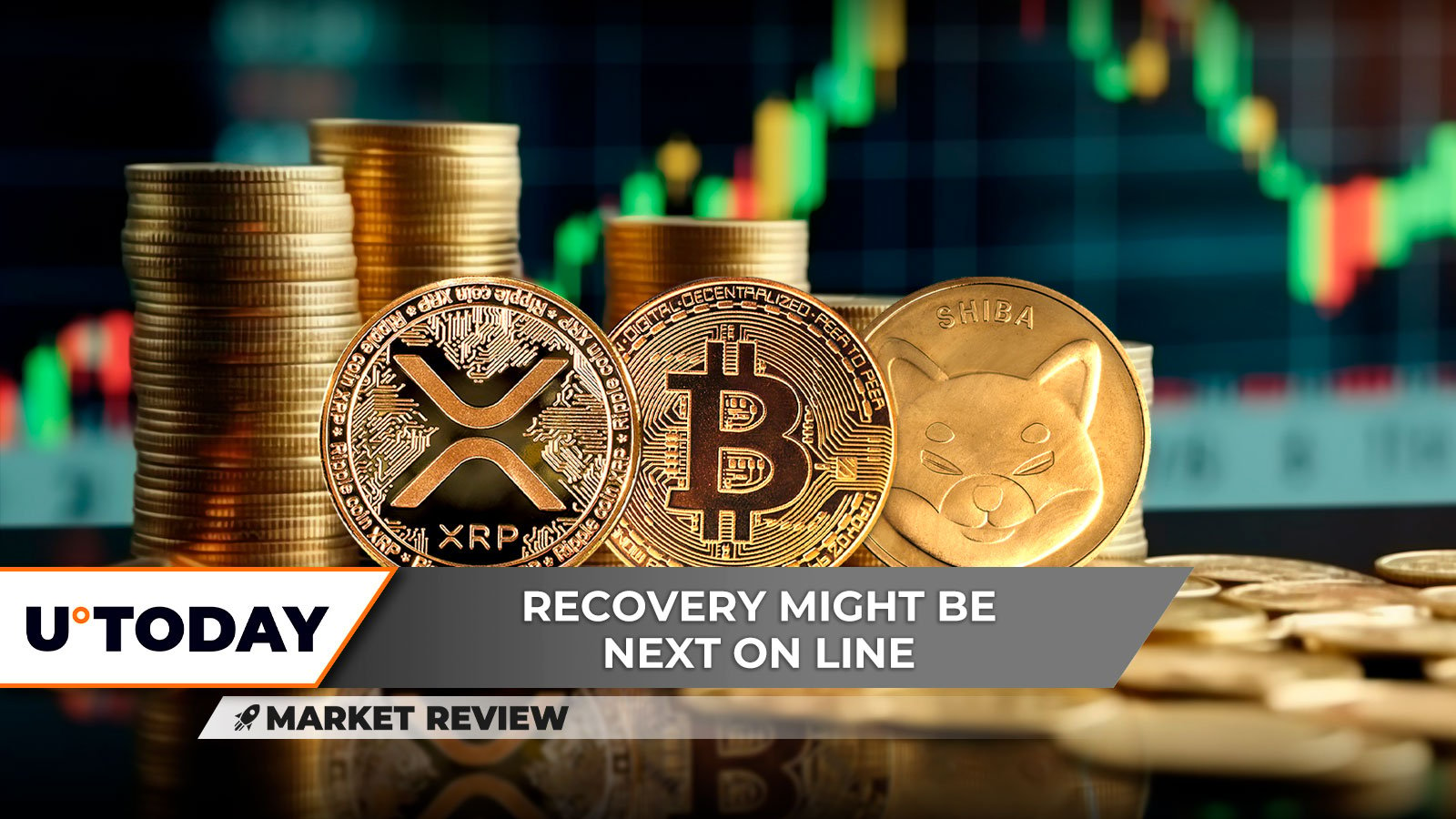The U.S. SEC Appeals XRP Ruling: A New Chapter in the Legal Battle
The Background
The U.S. Securities and Exchange Commission (SEC) recently made headlines by officially appealing the ruling on XRP by Judge Analisa Torres. This move reopens the legal battle over whether XRP sales on crypto exchanges should be classified as securities. The SEC’s appeal challenges several key aspects of the court decision, including the rulings that cleared Ripple executives and non-cash XRP distributions.
The Ripple Effect
The SEC’s appeal adds a new layer of complexity to the ongoing debate surrounding XRP and its classification as a security. The initial ruling was seen as a victory for Ripple and the broader crypto community, as it appeared to provide some clarity on the regulatory status of XRP. However, the SEC’s decision to appeal indicates that the legal battle is far from over.
Many in the crypto space are closely watching the developments in this case, as the outcome could have far-reaching implications for the industry as a whole. If the SEC’s appeal is successful, it could set a precedent for how other cryptocurrencies are regulated in the future.
The Global Impact
The SEC’s appeal of the XRP ruling is not just a domestic issue – it has the potential to impact the global crypto market. As one of the most widely traded cryptocurrencies, XRP’s classification as a security could influence how other countries regulate similar assets.
Furthermore, the outcome of this legal battle could shape the future of the crypto industry on a global scale. If XRP is ultimately deemed a security by the courts, it may lead to increased regulatory scrutiny of other cryptocurrencies, potentially stifling innovation and growth in the sector.
Conclusion
The SEC’s appeal of the XRP ruling is a significant development that has the potential to shape the future of the crypto industry. As the legal battle continues, both Ripple and the broader crypto community will be closely monitoring the proceedings. The outcome of this case could have far-reaching implications for how cryptocurrencies are regulated both in the U.S. and around the world.





